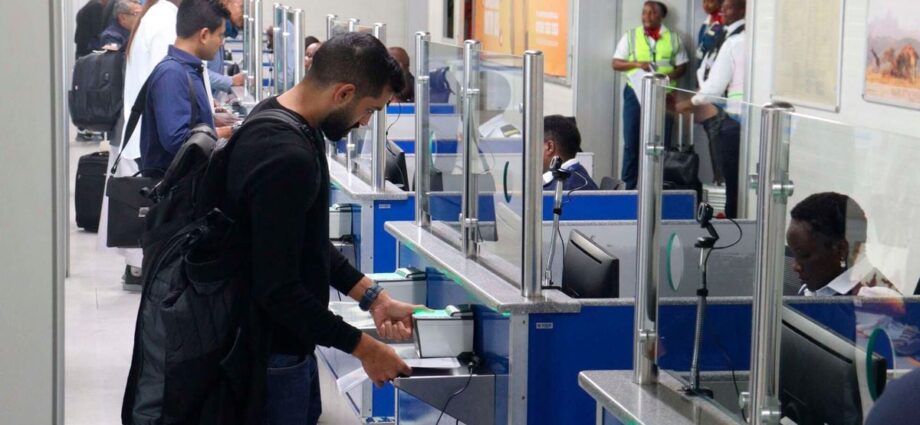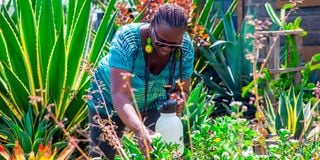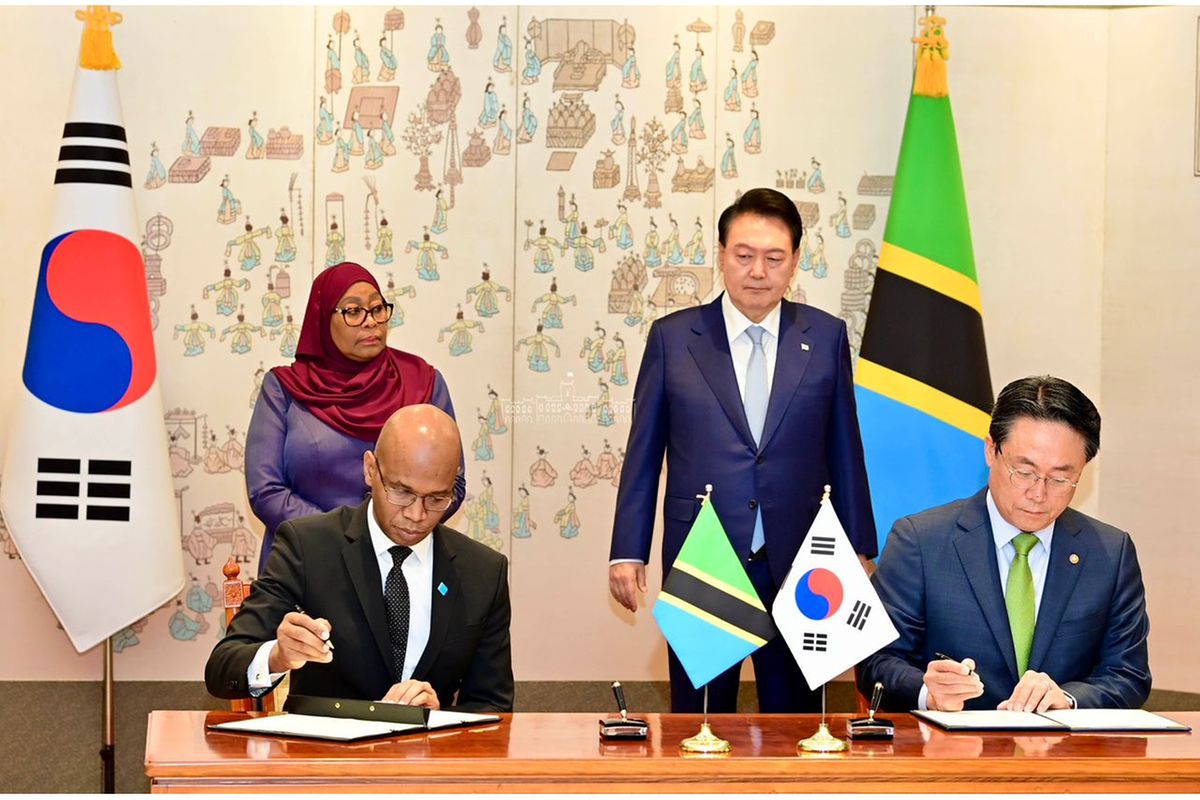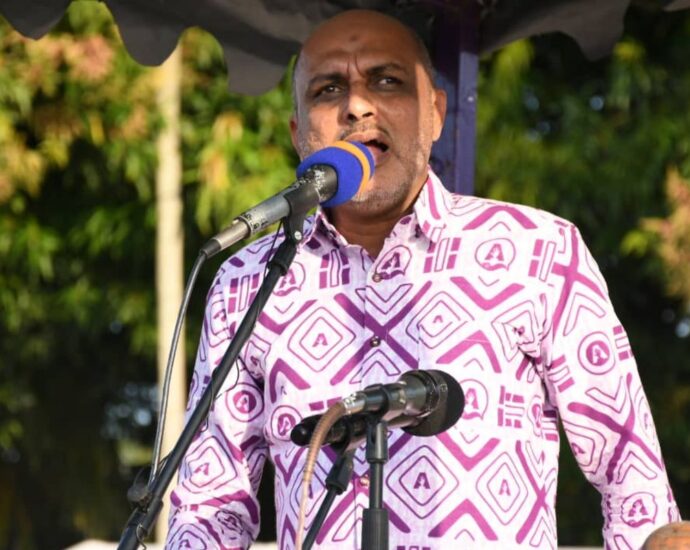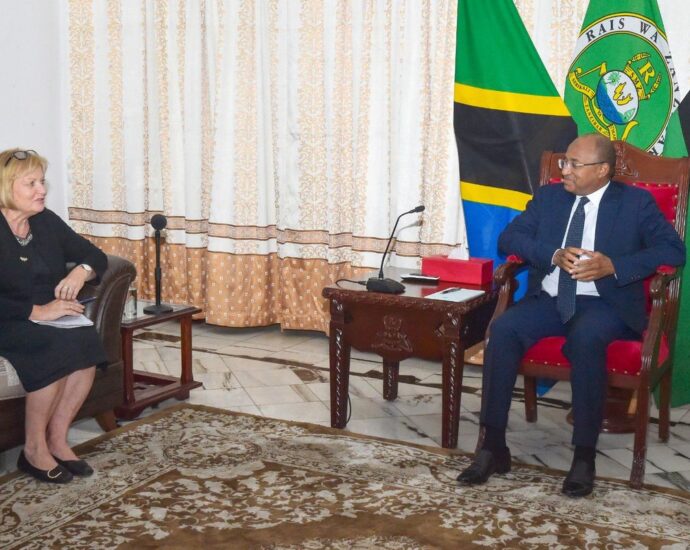Why visa-free policy is a game changer for Africa’s one-market

The African Development Bank (AfDB) Group has backed Kenya’s open visa entry policy as a key cog in the fruition of a proposed free market on the continent.
Kenya in January 2024 joined Rwanda, Seychelles, Gambia and Benin in removing visa requirements for travellers from other African countries to boost trade and investments.
And now AfDB has lauded the move as a game-changer in facilitating the free movement of workers around the continent and helping create the African Union-backed African Continental Free Trade Area (AfCFTA) trading bloc.
AfCFTA is projected to be the world’s largest market on full implementation with a population of about 1.4 billion people.
“Implementing policies that enable free mobility of labour and services—such as the open visa entry for Africans being championed by Kenya and Rwanda—would facilitate the operation of the AfCFTA,” AfDB analysts wrote in the African Economic Outlook 2024 report published last week.
“The AfCFTA can be a game changer if fully implemented and domesticated by all African countries. It will create a single continental market for goods and services, with free movement of capital, talent and skills.”
Kenya’s visa-free entry policy requires travellers to apply through Electronic Travel Authorisation (eTA) 72 hours before arrival to be granted permission to enter Kenya.
Nairobi, however, requires travellers to pay $30 when applying for eTA, a condition that analysts insist is a visa by another name.
Critics have also pointed out that the eTA system— the online visitor registration platform — was not accommodative for African traders who need to travel to Kenya for emergency reasons and those wishing to change travel time.
The complaints prompted the Department of Immigration and Citizen Services to exempt citizens of Ethiopia, South Africa, Comoros, Congo-Brazzaville, Eritrea, Mozambique and San Marino from paying the fees when applying to travel to Kenya via eTA.
The fees do not also apply for citizens from member countries of the seven-nation East African Community trading bloc.
The backing from AfDB has come at a time when traders have complained of lengthy border checks and varied quality standards at the border points, listing them among the biggest threats to the creation of a common market on the continent.
The complaints arose from their experience following the launch of the Guided Trade Initiative (GTI) in October 2022, which aimed at stress-testing the operational, institutional, legal and trade policy environment ahead of the full rollout of AfCFTA.
The initiative covered trade in tens of products such as tea, coffee, ceramic tiles, batteries, processed meat products, sugar, pasta, glucose syrup, dried fruits and sisal fiber.
The pilot scheme was implemented in eight countries: Kenya, Tanzania, Rwanda, Ghana Egypt, Mauritius, Cameroon and Tunisia.
Traders, however, said bureaucratic red tape at border posts in some participating countries was proving to be a bigger barrier to free movement of goods on the continent than its weak transport and logistics capacity.
“If it is taking us so long just to do standards, you can imagine the kind of challenges we are facing around access to the markets,” Flora Mutahi, the founder of Melvin Marsh International, told a forum in Nairobi last year. “Logistics around getting to the market…are cumbersome. These are barriers that we need to first overcome.”
Trade Principal Secretary Alfred K’Ombudo said at the time that the biggest task for the Accra-headquartered AfCFTA secretariat should be more of simplifying customs procedures, than eliminating tariff barriers which, he says, are coming down.
“If you want to trade internationally, it’s not just about bringing down tariffs, but it’s about dealing with borders…transport logistics, shipping industry, and making sure that your goods arrive competitively,” Mr K’Ombudo said.
He added: “It’s about ensuring that you package your goods according to the requirements of the foreign market and comply with the requirements in sanitary and phytosanitary and all of those issues.”

